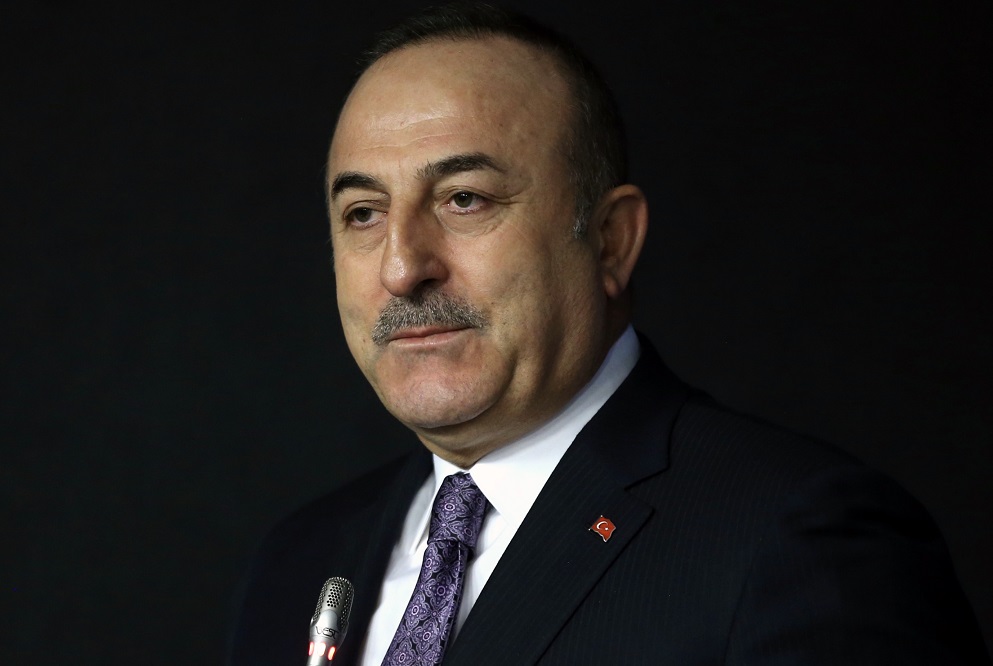Turkey seeks EU accession amid East Med dispute
Published : 12 Feb 2020, 00:15
Turkey expressed willingness to start the frozen EU accession process, but chronic differences and rising tensions with the bloc over energy resources in eastern Mediterranean are on its way, experts said.
"We think it is time to open a new page in the accession process," Turkish Foreign Minister Mevlut Cavusoglu said last week in Ankara at a meeting with the ambassadors of EU countries, calling on the bloc to review its decision to suspend high-level meetings between the two sides.
"We see a constructive approach of EU's term president Croatia on this issue," Turkey's top diplomat noted, warning of a growing "distrust between the two sides" at a time when one of the biggest countries of the bloc, Britain, has pulled out.
Analysts expressed skepticism on a tangible result of Turkey's keenness to get the accession process back on track.
"If there is an initiative from both the EU and Turkey, there could be some progress," Murat Onsoy, a scholar of international relations from Hacettepe University, told Xinhua.
Onsoy said the general attitude toward Ankara's membership of the two biggest EU members, Germany and France, does not seem favorable.
"As in the past, France is still opposed to Turkey's full membership and a domestic political crisis within Germany's largest national party, the Christian Democratic Union (CDU), may hamper a possible reconciliation," said the expert.
Turkey has been a candidate country to EU since 2005 but accession negotiations have been at a standstill for several years, following a prolonged period of state of emergency declared by Turkish President Recep Tayyip Erdogan in the wake of a botched coup aiming to topple his government in 2016.
Ankara has launched a massive crackdown on U.S.-based preacher Fethullah Gulen and his followers, blaming them for the coup. However, the EU said that Erdogan used the coup as a pretext to silence all dissent, officially freezing accessions talks, accusing his administration of baffling the rule of law.
Recently, Turkey has been preparing a new initiative to accelerate the accession process to the EU. Accordingly, Turkey will complete regulations for six more accession chapters, including the fight against terrorism, on which there was disagreement regarding the definition of "terrorism," sources told Xinhua, without further elaborating.
Despite the intention of Turkey to move on, there are several challenges confronting the restoration of ties. The biggest one is the dispute over energy exploration off Cyprus.
Last month, EU members Greece and Cyprus, and Turkey's regional rival Israel signed an agreement to move ahead with construction of an undersea pipeline to deliver gas to European markets.
"At the current state of affairs, it wouldn't be realistic to expect a compromise concerning the energy dispute in the Eastern Mediterranean where Turkey is adamant to protect what it calls its vital interests in this region," noted Onsoy.
Last November, the EU adopted restrictive measures against Turkey over its drilling activities in eastern Mediterranean.
The signing of a deal between Turkey and Libya on the demarcation of maritime jurisdiction zones in eastern Mediterranean was also criticized by the EU.
Some analysts believe that Turkey is essential for the EU's growing strategic interests in the Middle East and North Africa, regions of conflicts and rivalries.


